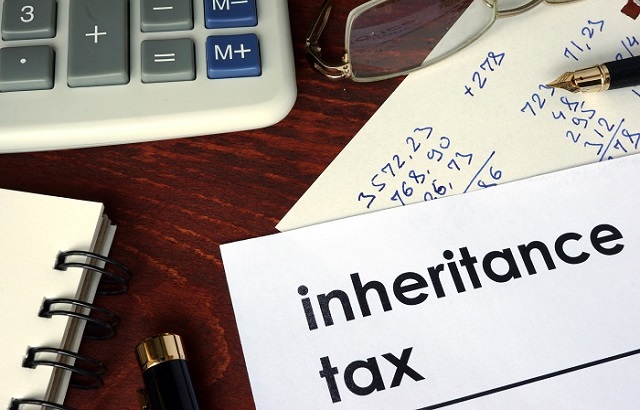Inheritance tax bills have continued to skyrocket in 2023/24 financial year.
HM Revenue & Customs (HMRC) released data which found IHT receipts hit £600m ($743m, €688m). This is £100m higher than in April of the previous tax year.
This comes a month after International Adviser reported total IHT haul for 2022/23 reached £7.1bn.
Years of house price increases, soaring inflation, and tax freezes have pushed an increasing number of families that would not consider themselves to be wealthy above the threshold for IHT.
There is a tax-free inheritance allowance called the nil-rate band that applies to everyone. Each person can pass on up to £325,000 of their estate without them having to pay any IHT.
Anything above £325,000 could be subject to up to 40% inheritance tax. The nil-rate band has stayed at the same level since April 2009. The ‘residence nil-rate band’ has been frozen at £175,000 since April 2020.
‘Golden goose’
Alex Davies, chief executive and founder of Wealth Club, said: “The 2023/24 tax year is looking likely to be yet another record-breaking year for inheritance tax. It really is a cash cow for HMRC.
“There are rumours inheritance tax could be cut in the run up to the next General election, with the government potentially increasing the threshold at which an estate becomes liable for inheritance tax.
“Alternatively, the government might consider a cut in the headline rate of tax. Either would be very welcome by the large numbers of affluent, but far from uber rich, households that are being hit by this most hated of taxes.”
Andrew Tully, technical director at Canada Life, said: “The government’s proverbial golden goose looks set to continue to deliver, as today’s data shows. Inheritance tax receipts have eclipsed the same period as last year by 20%, indicating that we are in for another record-breaking year.
“The reality is that if house prices continue to rise, and with the nil rate band of £325,000 frozen until 2028, more families will be facing a hefty bill from the tax man.
“There are perfectly legitimate ways of reducing your estates Inheritance tax bill, for example through the use of gifting, setting up trusts, or setting up a will with a charitable beneficiary.
“Inheritance tax should no longer be viewed as a tax on the wealthy, and proper financial planning well in advance can help avoid being blindsided at the 11th hour. Seeking professional financial advice will ensure you’re best equipped to navigate the tax system.”








